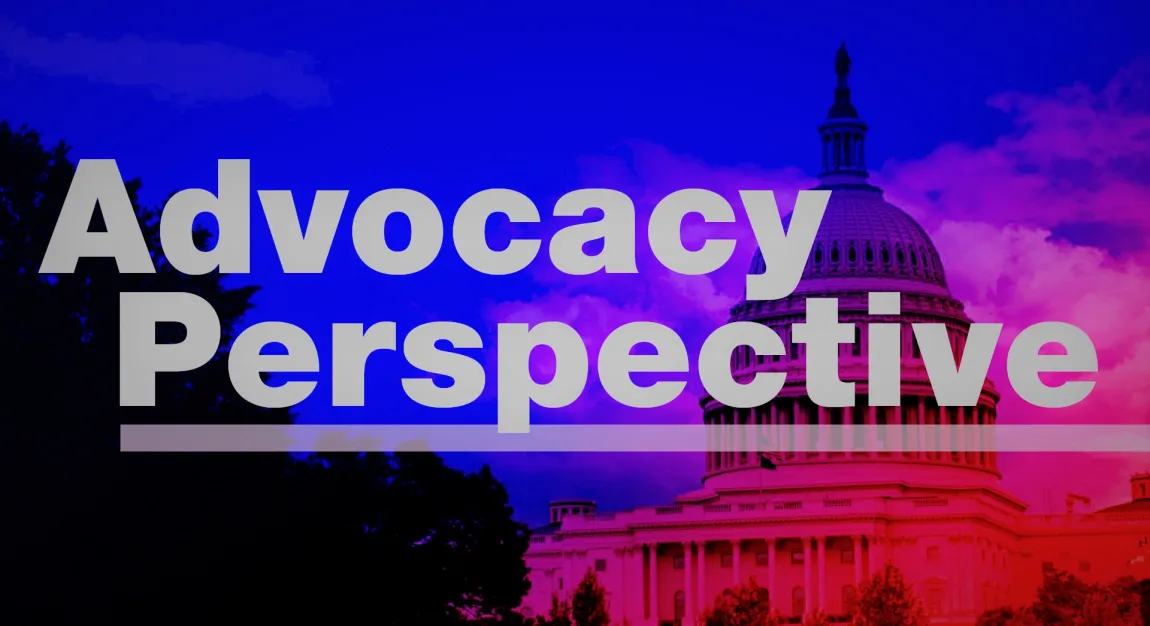- Several key House committees advanced portions of the budget reconciliation package last week.
- The proposal includes a positive update to the Medicare physician payment formula.
- Intense internal debate continues in the House ahead of a floor vote on the bill.
- If the bill advances, significant policy changes are also expected in the Senate.
Last week, the Energy & Commerce Committee advanced its section of the budget reconciliation package, which includes approximately $880 billion in federal spending cuts—most of which target the Medicaid program. STS strongly opposes substantial reductions to Medicaid funding that would restrict access to essential care for vulnerable populations, including children with congenital heart disease and nearly one in four lung cancer patients.
At the same time, the Education & Workforce Committee approved its portion of the package, which features broad reforms to the student loan system. While STS supports efforts to address longstanding problems in the current system, we have serious concerns about several specific provisions under consideration that would affect student loans.
Medicaid Work Requirements
The legislation would require able-bodied adults aged 19 to 64 to show proof of employment or demonstrate that they are actively seeking work, unless they meet certain exemption criteria. This requirement is expected to generate the largest federal savings within the health policy package. While impact assessments vary significantly, even Republican congressional staff acknowledge it could result in at least 4.8 million individuals losing their coverage.
Medicaid Financing
The reconciliation package does not include the sweeping reforms to federal Medicaid matching rates that had been rumored, but it does contain targeted funding cuts for some states. States that provide Medicaid coverage to undocumented immigrants would face a 10% reduction in federal funding.
Additionally, the bill also prohibits states from implementing new provider taxes or increasing existing ones—measures that nearly all states rely on to fund their share of Medicaid costs. This restriction, along with other provisions in the bill, may force states to cut back their Medicaid programs. However, certain hospitals in rural and underserved areas may benefit from this system.
Medicare Physician Payment Update
The package includes a partial update to Medicare physician payment rates. While not a comprehensive overhaul, the proposal would introduce an ongoing inflation-based adjustment to the payment baseline, a promising first step. Specifically, it would update the conversation factor by 75% of annual inflation based on the Medicare Economic Index (MEI) in 2026, followed by 10% of MEI in each subsequent year.
However, the proposal does not reverse the payment cut that took effect in 2025 nor fully restore rates to prior levels until at least 2027. STS will continue advocating for strengthening this provision as the reconciliation process progresses.
Accelerating Kids’ Access to Care Act
In a win for congenital heart surgeons and their patients, the package includes the bipartisan Accelerating Kids’ Access to Care Act, a provision strongly supported by STS. The legislation would streamline access to life-saving treatments for children who must cross state lines for specialized care by reducing the administrative barriers that often delay timely treatment.
Student Loans
STS has significant concerns regarding several student loan provisions proposed by the Education & Workforce Committee. The bill includes a $150,000 borrowing cap for professional programs, which aims to reduce tuition costs at medical schools. However, this cap would make medical education financially unattainable for many students. Today, the average medical student graduates with approximately $265,000 in combined undergraduate and medical school debt.
The package includes a modified version of the Resident Deferred Interest (REDI) Act; a policy long supported by STS. This policy would cap interest accrual on federal student loans during the first four years of medical or dental residency, a significant step towards alleviating the financial strain on trainees. While STS welcomes this inclusion, we are concerned that limiting relief to four years falls short for specialty physicians, such as cardiothoracic surgeons, who’s training often lasts between six to eight years. STS will continue to advocate for full interest deferment throughout the entire duration of residency.
The proposal also seeks to redefine what constitutes a “qualifying job” under the Public Service Loan Forgiveness (PSLF) program by excluding time spent in a medical residency. This change would mean that residents would no longer be eligible for PSLF during their lowest-earning years, which is when they need financial assistance the most.
STS will continue to engage with Congress as negotiations progress, and a final reconciliation package takes shape.
